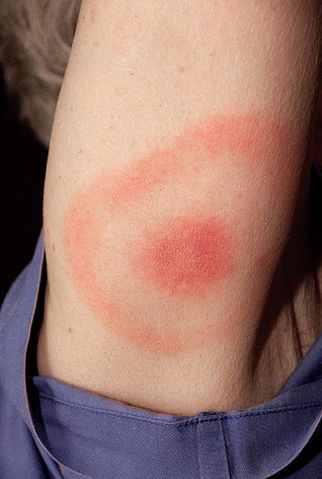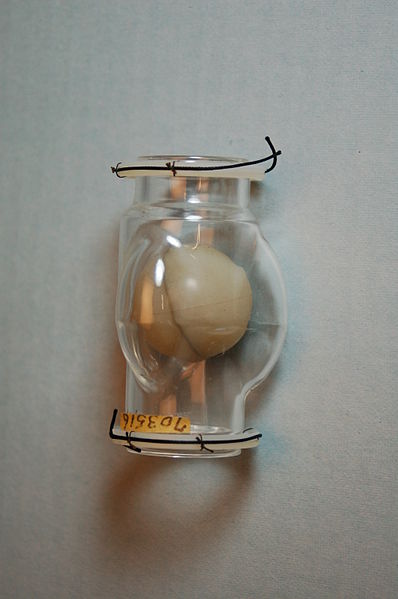
Photo credit: CDC / James Gathany
Lyme disease is a bacterial illness transmitted by tick bites. It is treated with antibiotics, and most guidelines suggest a two to four week course of treatment. Most patients’ symptoms resolve at that point, but 10 to 20% of patients continue to have fatigue, joint and muscle pain, sleep problems, and difficulty concentrating. These patients can be quite debilitated and no specific effective treatment has been found for them.
A patient advocacy group has recommended treatment with antibiotics for months or even indefinitely for what they have called chronic Lyme disease. There has been scant data that such prolonged treatment is effective, and antibiotics can cause side effects and lead to antibiotic resistance. In fact four previous small trials have suggested that prolonged antibiotics do not improve outcomes. Many infectious disease experts doubt the existence of chronic Lyme disease and suggest that these patients may be suffering from a diverse group of other diseases, including chronic fatigue syndrome, fibromyalgia, and sleep disorders. (I wrote in 2007 about the chronic Lyme disease controversy.)
This week a study in the New England Journal of Medicine tried to answer definitively whether a prolonged course of antibiotics was helpful in patients with prolonged symptoms attributed to Lyme disease.
The study, which took place in the Netherlands, enrolled 281 patients with persistent symptoms attributed to Lyme disease. First, all the patients received two weeks of an antibiotic considered effective for Lyme disease. Then, the patients were randomized to three groups. Patients in the first group received 12 weeks of an antibiotic. Patients in the second group received 12 weeks of a different antibiotic. And patients in the third group received placebo for 12 weeks. Their symptoms were measured regularly for a year.
All three groups on average did equally well. Their symptoms improved steadily throughout the study. Unfortunately at the end of the study all three groups on average had a significantly worse quality of life than the general population. This brief video summarizes the findings.
What are we to learn? Well, first of all, prolonged antibiotics don’t help in patients with Lyme disease and persistent symptoms. But an interesting feature of the study helps draw a broader conclusion. The study enrolled patients that many infectious disease experts would not have diagnosed with Lyme disease. The symptoms required to enroll in the study can be caused my many diseases. The only link made in the study to Lyme disease is blood tests showing the presence of antibodies to the bacteria that causes Lyme. But these blood tests remain positive for decades after the disease has resolved. Many infectious disease experts would also require a history of a characteristic rash or the culturing of the culprit bacteria.
By avoiding these criteria the study enrolled many patients who might not have Lyme disease but who are frequently treated by self-styled Lyme disease advocates with prolonged antibiotics. Without making any judgment about the patients’ diagnosis, the study showed that this approach is futile.
I’ve had a few patients who’ve come to me with a diagnosis of chronic Lyme disease, frustrated that months of intravenous antibiotics (usually at enormous out-of-pocket expense) had failed to help them feel better. It’s difficult to say “I’m not sure what you have, and I’m not positive what will help.” But that’s what I’ve said, because that’s the truth. But I’m positive that they should stop the antibiotics.
Learn more:
Study: Prolonged Antibiotic Treatment Gave No Relief For Lasting Lyme Symptoms (NPR Shots)
Antibiotics For Lyme Disease — How Long Is Enough? (Forbes)
Longer-Term Therapy for Lyme Disease (NEJM Quick Take video)
Time for a Different Approach to Lyme Disease and Long-Term Symptoms (NEJM Editorial)
Randomized Trial of Longer-Term Therapy for Symptoms Attributed to Lyme Disease (NEJM article)
Chronic Lyme Disease Still on the Fiction Bookshelf (my post in 2007)

